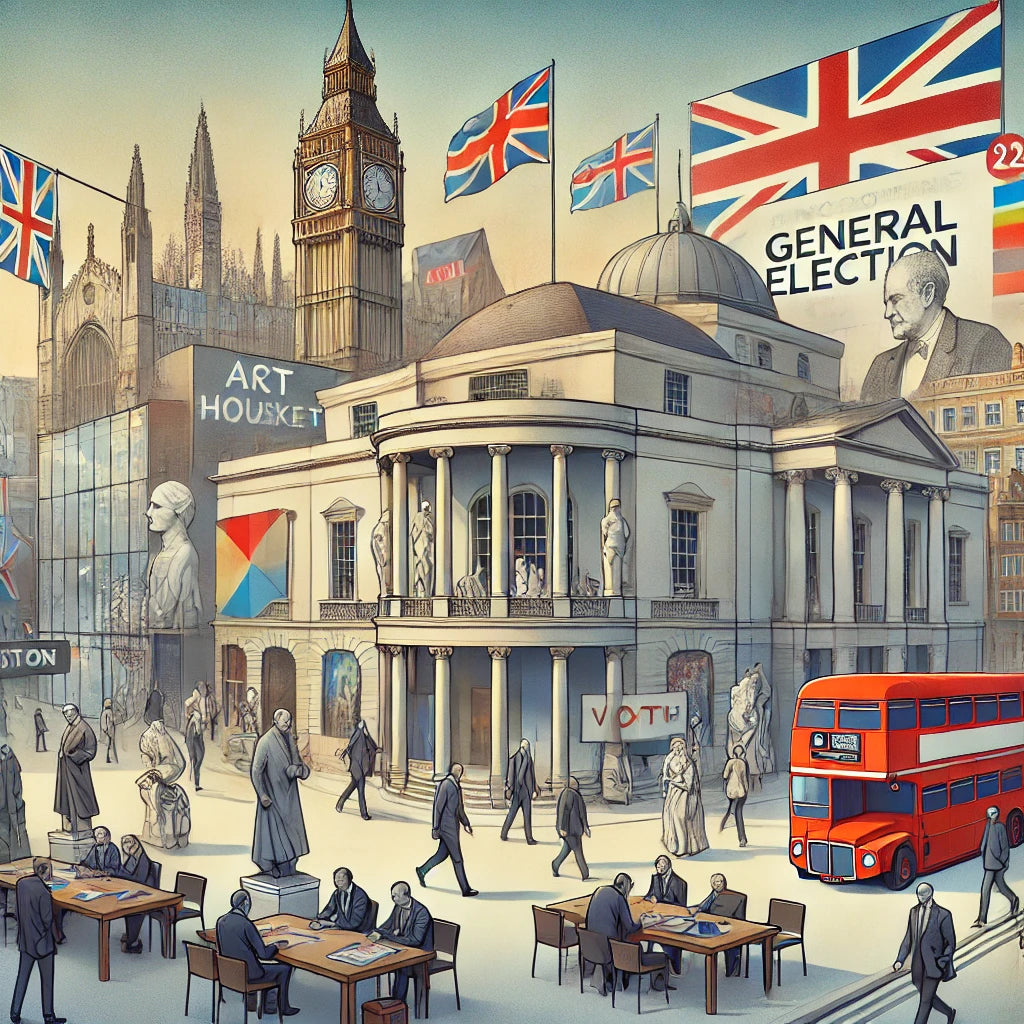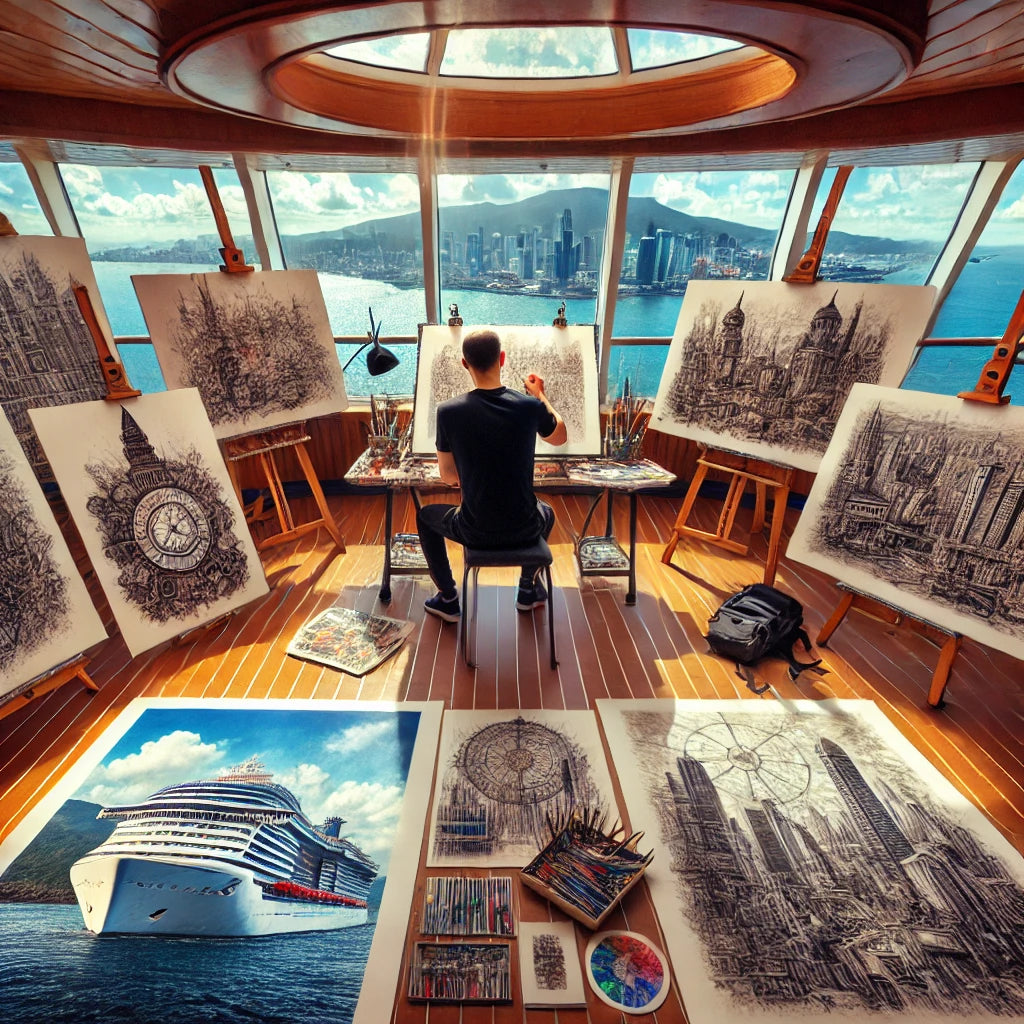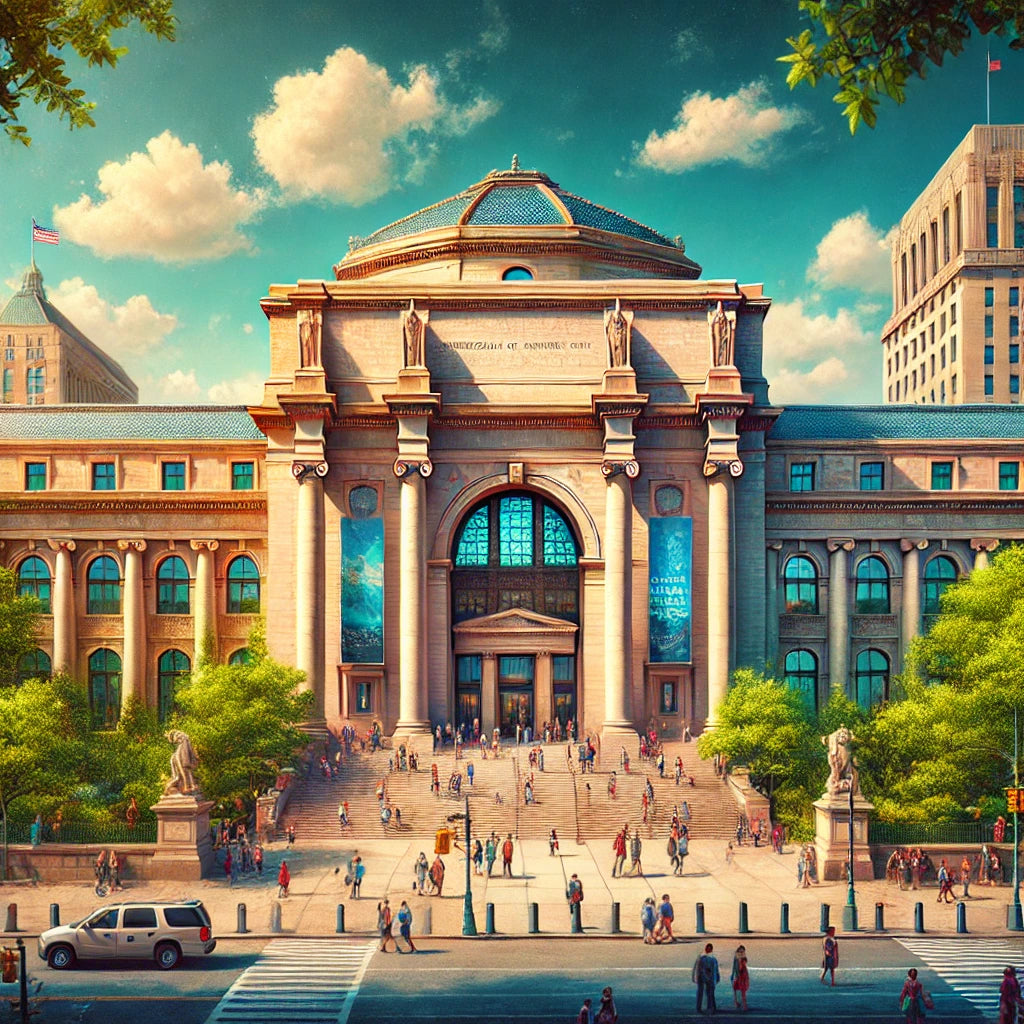Introduction
The upcoming UK general election has created a wave of uncertainty across various sectors, and the art trade is no exception. As the political landscape stands on the brink of potential transformation, stakeholders in the art market are closely monitoring developments, anticipating the possible implications on trade, regulation, and economic stability.
Impact on the Art Market
The general election in the UK is poised to influence the art market significantly. With the Labour Party, led by Keir Starmer, securing a landslide victory, the potential policy shifts are causing both excitement and anxiety within the industry.
-
Regulatory Changes and Compliance: The UK art market is closely tied to international regulations, including anti-money laundering (AML) rules. Changes in government could lead to alterations in these regulations, affecting how art transactions are conducted. Labour's emphasis on stringent compliance might tighten controls, impacting dealers and galleries that engage in high-value transactions (Art Basel).
-
Economic Policies and Market Confidence: Economic stability is a critical factor for the art market. The Labour Party's economic policies, focusing on public spending and welfare, could influence market confidence. Historically, shifts in government have led to volatility in financial markets, which in turn affects the liquidity and spending power of art collectors. The FTSE 100's performance in the lead-up to the election has already shown signs of fluctuation, reflecting market uncertainties (MarketPulse).
-
Taxation and Import Duties: Changes in taxation policies are another concern for the art trade. The Labour Party's manifesto suggests possible adjustments to capital gains tax and import duties, which could affect the pricing and profitability of art transactions. Higher taxes on luxury goods, including artworks, might deter high-end collectors and investors, potentially slowing down the market (Chartered Institute of Export).
-
International Trade Relations: The election also impacts international trade agreements. Ongoing negotiations with major partners like the EU and India could see new dynamics under a Labour government. The art trade, which relies heavily on cross-border transactions, could face new challenges or opportunities depending on the outcome of these negotiations (Chartered Institute of Export).
The Art Market's Response
In response to these uncertainties, many players in the art market are adopting a cautious approach. Auction houses, galleries, and dealers are closely watching political developments, preparing to adapt to new regulations and market conditions. Some are accelerating sales and transactions to mitigate risks associated with potential policy changes.
Conclusion
As the UK general election looms, the art market finds itself in a state of anticipation. The outcome of the election will undoubtedly shape the future of art trade, influencing regulatory frameworks, economic conditions, and international relations. Stakeholders in the industry are advised to stay informed and prepared for the potential shifts that may arise from this pivotal political event.
For more insights into how global events impact the art market, visit CraftTatva.com.






